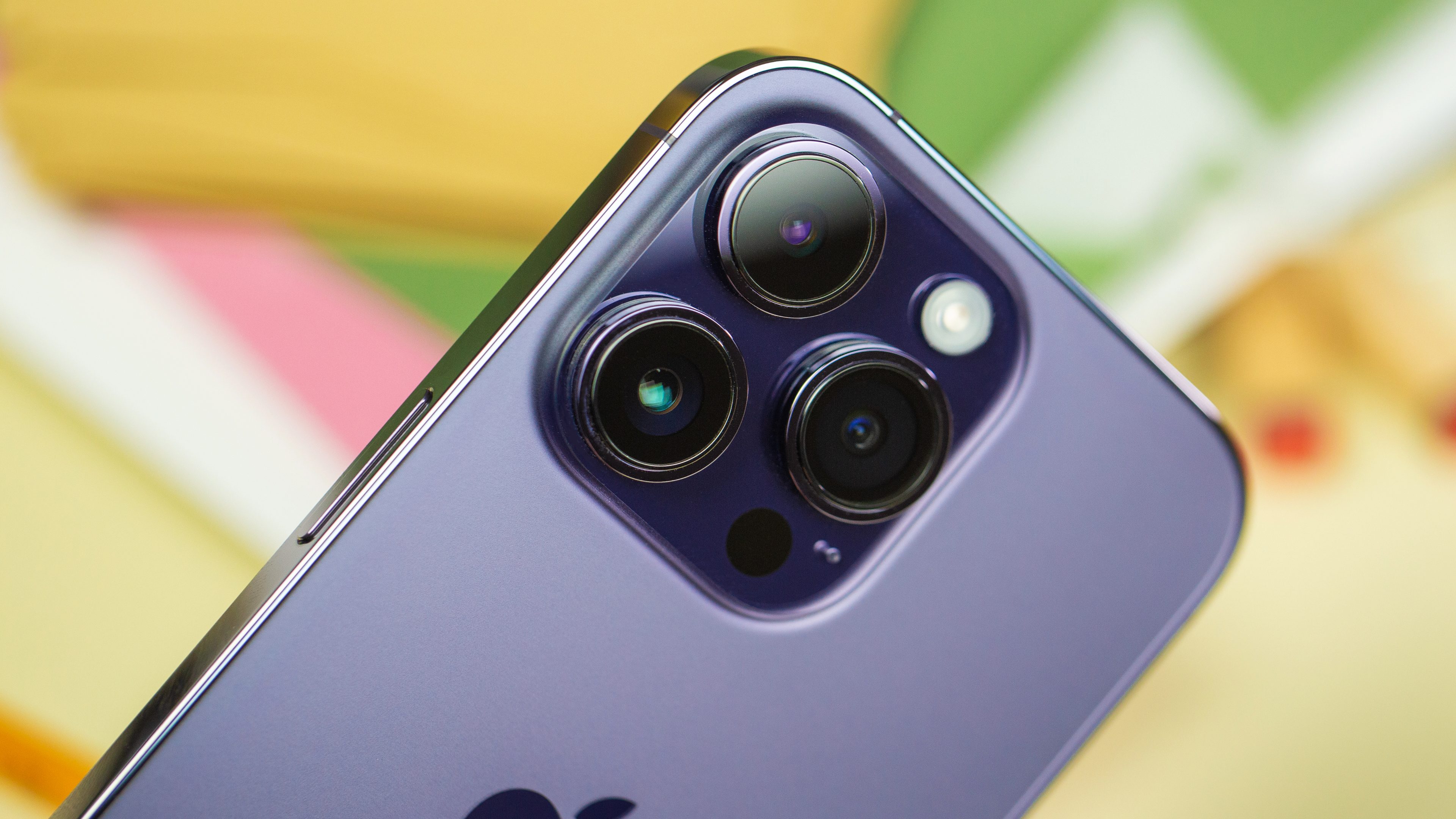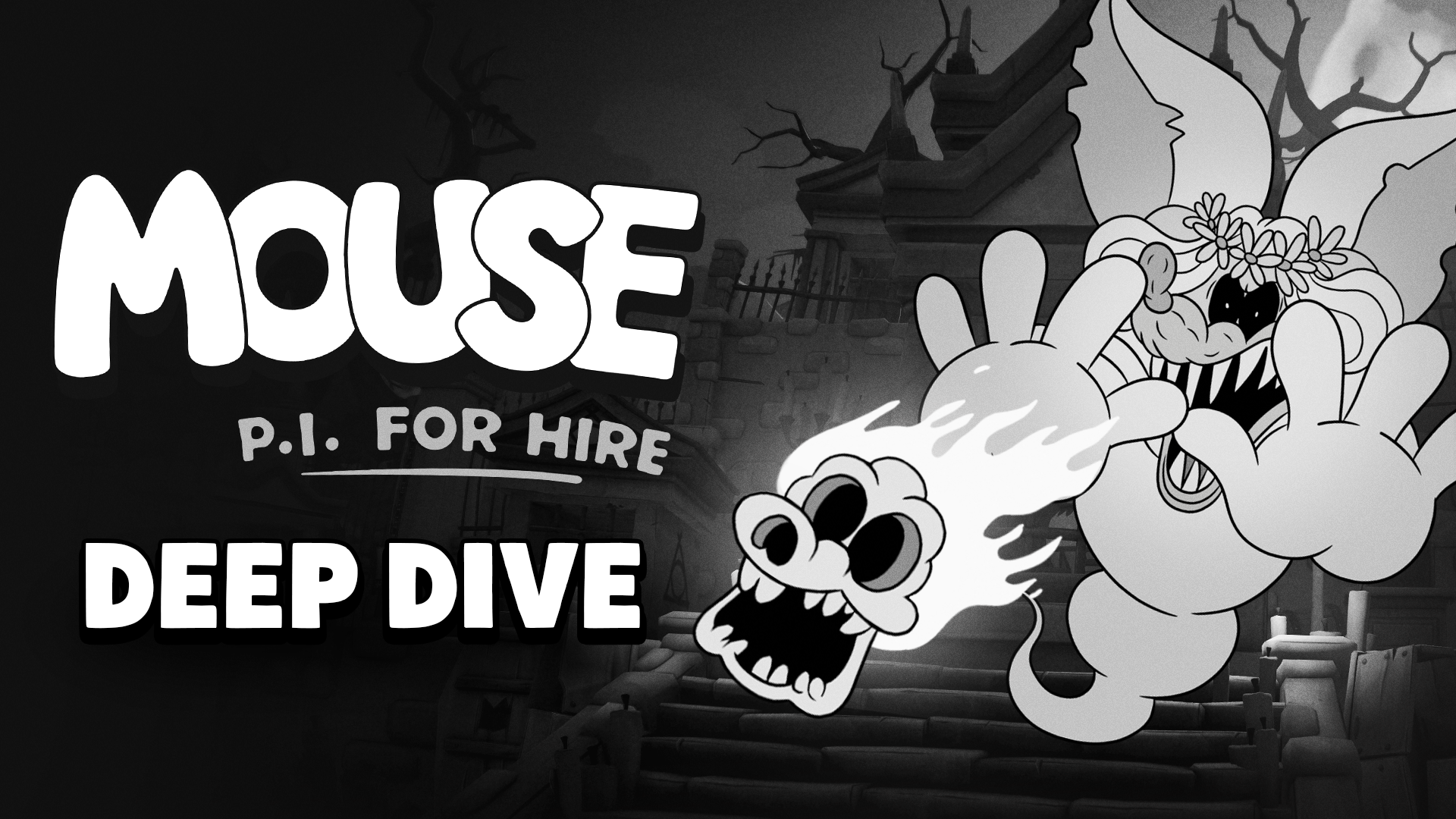

First announced for Switch in March 2021, news of parcel-shipping immersive sim The Last Worker has been fascinating. Over the last two years, there’s been plenty of time for interesting little info trinkets to be packed and despatched from the Wired Productions warehouse. There was the time the game competed at the Venice Film Festival, the time director Jörg Tittel pitched development across cinematic and interactive mediums in Jerry Bruckheimer’s offices, and the relatively more grounded time that an all-star Hollywood voice cast was announced. Finally, we can look beyond the hype and hold the game in our hands.
The Last Worker sees you taking on the role of Kurt, an employee and full-time resident at the fulfilment warehouse of futuristic retailed and Amazon-alike Jüngle. Your job is to fly around on a little hover-cart, using a kind of handheld traction beam gun to take boxes from shelves and ship them through huge suction chutes. The odd thing about the scenario is that all your colleagues are robots. The job has been automated and the workforce downsized to just one: you. You are – and you’ll have seen where this is going – the last worker.

Flying the cart more or less follows standard first-person controls, with the exception that strafing is slower than going forwards, which encourages accelerating and turning, giving the vehicle some character. Pressing ‘L’ descends straight vertically and ‘R’ goes up. Bumping walls, floors, and ceilings is not a problem, making for a low-stress and liberating, floaty feel. Rather than a HUD, there is a radar attached to the front of the cart and you need to look downwards to see it. It’s a trade-off of convenience for immersion, which tells a lot about the spirit of The Last Worker: presentation generally wins out over gameplay.
That’s not to say there isn’t a solid core of gameplay on offer. The first main task to do with that floaty cart movement scheme is collecting and dispatching boxes. This involves following your radar to one box of the hundreds stored in the towers of honeycomb shelving, picking that box up with your Jüngle gun, and inspecting it. You need to confirm that the size and weight match the labels on the box and check for damage. If everything’s in order then you follow your radar to a blue chute and ship the box out. If something is off, you change the setting of your gun to apply a label describing the issue – wrong weight, damaged, etc. – then take the box to a red chute for recycling. Complete one box, go to the next, and get a grade for your shift based on accuracy and speed. It’s a resilient enough game mechanic on paper but a little too fiddly to really get into the flow. It’s a relief that most of the game involves doing different things entirely.

While The Last Worker may sound like an arcade action game about refining your sorting skills, it’s actually a story-driven piece, paced and packaged by cutscenes and dialogue. As the plot develops, Kurt starts to receive communications from outside the warehouse, leading him to explore the bowels of the Jüngle facility, creeping around between sentry robots and tearing grates off ventilation ducts to gain access.
The dialogue is ably provided by Ólafur Darri Ólafsson as Kurt, Clare-Hope Ashitey as a Hoverbird, and Jason Isaacs as your flying robot companion, Skew. Laced with swear words, “cuppas” and “choccy biccies”, Skew’s Liverpudlian digi-squawks are lots of fun. However, the performances are sometimes hampered by frustrating timing. Some interactions during gameplay feel stilted, and too much time is spent waiting for lines to play. Some main character filler lines are repeated too frequently, and some checkpoints sit just before exchanges you will hear played every time you restart. When the dialogue lands, it’s great; unfortunately, when it doesn’t, it feels like an animatronic puppet show, not real characters sharing a real space.

One surprising facet of how The Last Worker feels is Kurt’s constantly seated position. Playing chapter after chapter without leaving his hover scooter – combined with the low-friction movement at more or less walking speed – gives a very different sense of mobility. Seeing Kurt’s legs sitting beneath you, and at the start of the game his face reflected in a mirror, locates you in his body. However, more than just giving the player a body to accompany the first-person mechanics – in the way Portal does, for example – this reflects the player’s own seated position.
This no doubt has its roots in the game’s VR incarnation, but the sense of immersion is subtly there when playing on Switch too. Sitting in a scooter that flies is empowering in a way, but the fact that Kurt is invariably sitting down whether on duty or off implies a restriction on his movement as well. It’s a surprisingly engaging sensation.
The biggest stumbling block for the game comes in its pacing. There is never enough time to get into the flow of parcel shipping before the next jaunt off into the secret corners of the facility. Checkpoint spacing is sometimes irritating, with restarts coming just before sections where you have to wait, for example, or with long easy sections before the tricky action. Cutscenes are long, slow-paced, and very numerous. The attractive presentation and strong voice talent seem to make the game rather too fond of its own voice.

It is also sometimes a challenge to understand what to do next. This experience was exacerbated by two bugs we encountered that made it impossible to proceed without restarting. After that, any doubt about what to do made us worry that something was broken again. Wired Productions let us know there is a Day One patch coming which will include tweaks to the audio mix, plus general optimisation and bug fixes, but we can’t say whether this will remedy the bumps we encountered.
Conclusion
The Last Worker is an ambitious project and it sticks the landing when it comes to graphics, performance, and voice acting. However, its central box-shipping game is fiddly and the game’s pacing doesn’t let you get into the flow. Tricky sections requiring repeated checkpoint loads break the immersion and clash with the long, dawdling sections of exploring the Jüngle facility. It’s likeable and well-packaged with plenty of character, but it doesn’t always deliver.

First announced for Switch in March 2021, news of parcel-shipping immersive sim The Last Worker has been fascinating. Over the last two years, there’s been plenty of time for interesting little info trinkets to be packed and despatched from the Wired Productions warehouse. There was the time the game competed at the Venice Film Festival, the time director Jörg Tittel pitched development across cinematic and interactive mediums in Jerry Bruckheimer’s offices, and the relatively more grounded time that an all-star Hollywood voice cast was announced. Finally, we can look beyond the hype and hold the game in our hands.
The Last Worker sees you taking on the role of Kurt, an employee and full-time resident at the fulfilment warehouse of futuristic retailed and Amazon-alike Jüngle. Your job is to fly around on a little hover-cart, using a kind of handheld traction beam gun to take boxes from shelves and ship them through huge suction chutes. The odd thing about the scenario is that all your colleagues are robots. The job has been automated and the workforce downsized to just one: you. You are – and you’ll have seen where this is going – the last worker.

Flying the cart more or less follows standard first-person controls, with the exception that strafing is slower than going forwards, which encourages accelerating and turning, giving the vehicle some character. Pressing ‘L’ descends straight vertically and ‘R’ goes up. Bumping walls, floors, and ceilings is not a problem, making for a low-stress and liberating, floaty feel. Rather than a HUD, there is a radar attached to the front of the cart and you need to look downwards to see it. It’s a trade-off of convenience for immersion, which tells a lot about the spirit of The Last Worker: presentation generally wins out over gameplay.
That’s not to say there isn’t a solid core of gameplay on offer. The first main task to do with that floaty cart movement scheme is collecting and dispatching boxes. This involves following your radar to one box of the hundreds stored in the towers of honeycomb shelving, picking that box up with your Jüngle gun, and inspecting it. You need to confirm that the size and weight match the labels on the box and check for damage. If everything’s in order then you follow your radar to a blue chute and ship the box out. If something is off, you change the setting of your gun to apply a label describing the issue – wrong weight, damaged, etc. – then take the box to a red chute for recycling. Complete one box, go to the next, and get a grade for your shift based on accuracy and speed. It’s a resilient enough game mechanic on paper but a little too fiddly to really get into the flow. It’s a relief that most of the game involves doing different things entirely.

While The Last Worker may sound like an arcade action game about refining your sorting skills, it’s actually a story-driven piece, paced and packaged by cutscenes and dialogue. As the plot develops, Kurt starts to receive communications from outside the warehouse, leading him to explore the bowels of the Jüngle facility, creeping around between sentry robots and tearing grates off ventilation ducts to gain access.
The dialogue is ably provided by Ólafur Darri Ólafsson as Kurt, Clare-Hope Ashitey as a Hoverbird, and Jason Isaacs as your flying robot companion, Skew. Laced with swear words, “cuppas” and “choccy biccies”, Skew’s Liverpudlian digi-squawks are lots of fun. However, the performances are sometimes hampered by frustrating timing. Some interactions during gameplay feel stilted, and too much time is spent waiting for lines to play. Some main character filler lines are repeated too frequently, and some checkpoints sit just before exchanges you will hear played every time you restart. When the dialogue lands, it’s great; unfortunately, when it doesn’t, it feels like an animatronic puppet show, not real characters sharing a real space.

One surprising facet of how The Last Worker feels is Kurt’s constantly seated position. Playing chapter after chapter without leaving his hover scooter – combined with the low-friction movement at more or less walking speed – gives a very different sense of mobility. Seeing Kurt’s legs sitting beneath you, and at the start of the game his face reflected in a mirror, locates you in his body. However, more than just giving the player a body to accompany the first-person mechanics – in the way Portal does, for example – this reflects the player’s own seated position.
This no doubt has its roots in the game’s VR incarnation, but the sense of immersion is subtly there when playing on Switch too. Sitting in a scooter that flies is empowering in a way, but the fact that Kurt is invariably sitting down whether on duty or off implies a restriction on his movement as well. It’s a surprisingly engaging sensation.
The biggest stumbling block for the game comes in its pacing. There is never enough time to get into the flow of parcel shipping before the next jaunt off into the secret corners of the facility. Checkpoint spacing is sometimes irritating, with restarts coming just before sections where you have to wait, for example, or with long easy sections before the tricky action. Cutscenes are long, slow-paced, and very numerous. The attractive presentation and strong voice talent seem to make the game rather too fond of its own voice.

It is also sometimes a challenge to understand what to do next. This experience was exacerbated by two bugs we encountered that made it impossible to proceed without restarting. After that, any doubt about what to do made us worry that something was broken again. Wired Productions let us know there is a Day One patch coming which will include tweaks to the audio mix, plus general optimisation and bug fixes, but we can’t say whether this will remedy the bumps we encountered.
Conclusion
The Last Worker is an ambitious project and it sticks the landing when it comes to graphics, performance, and voice acting. However, its central box-shipping game is fiddly and the game’s pacing doesn’t let you get into the flow. Tricky sections requiring repeated checkpoint loads break the immersion and clash with the long, dawdling sections of exploring the Jüngle facility. It’s likeable and well-packaged with plenty of character, but it doesn’t always deliver.






